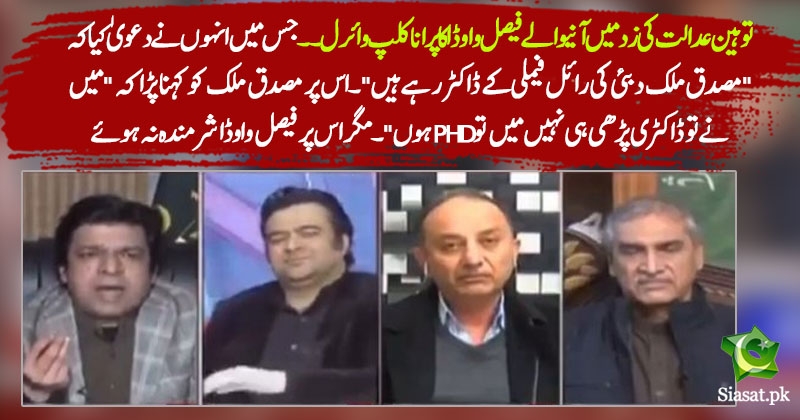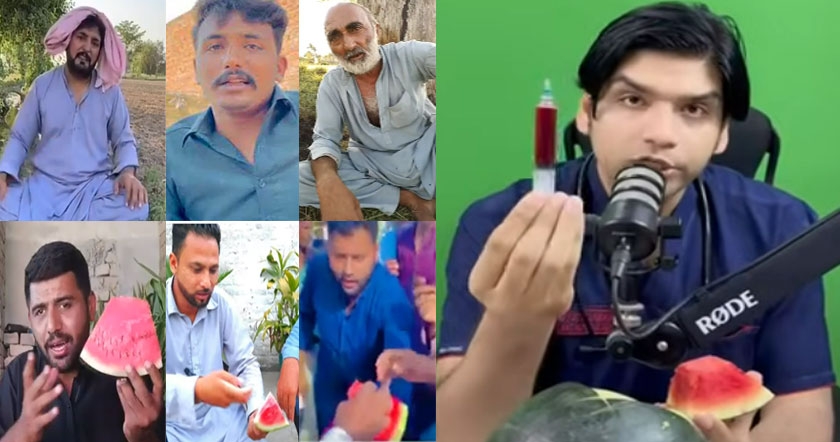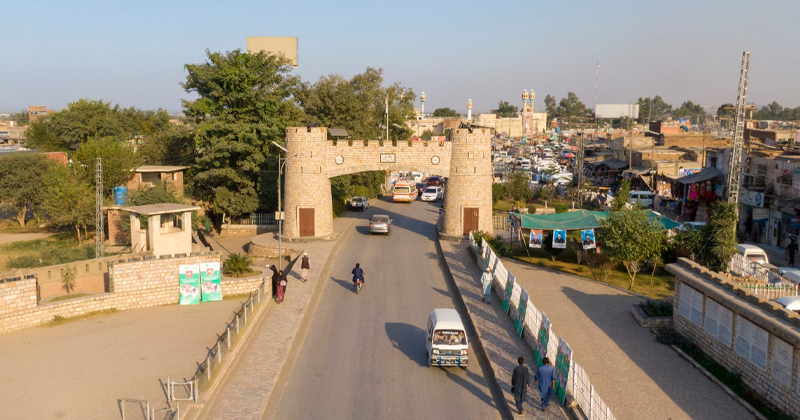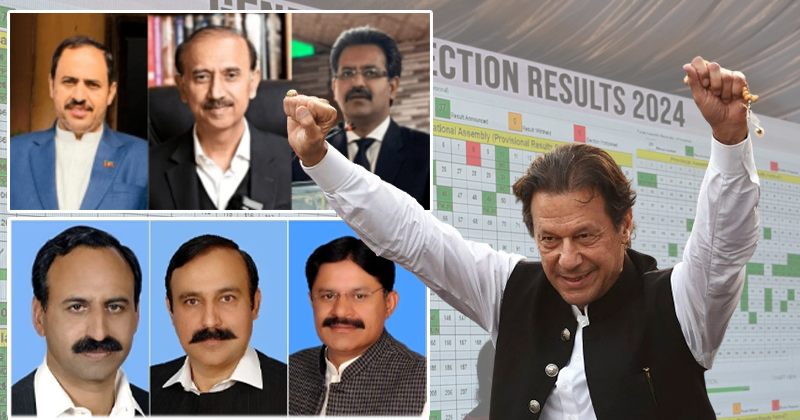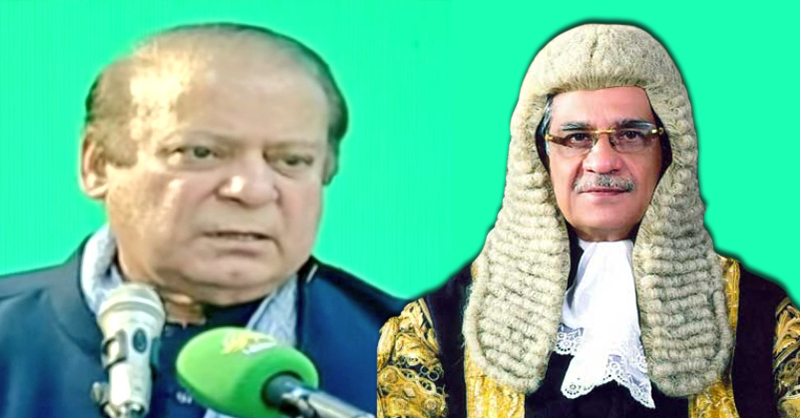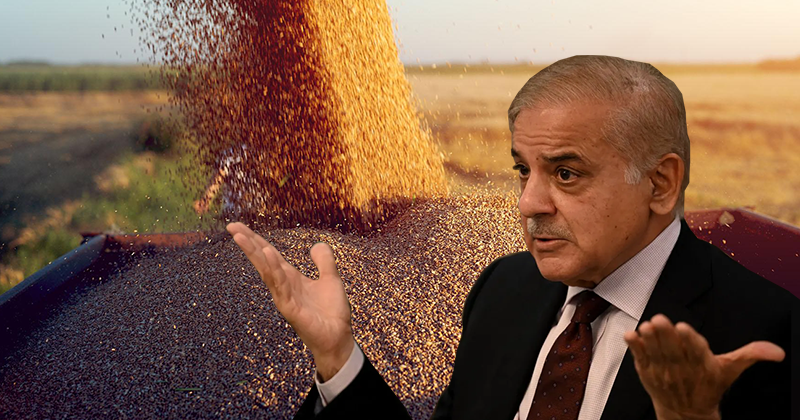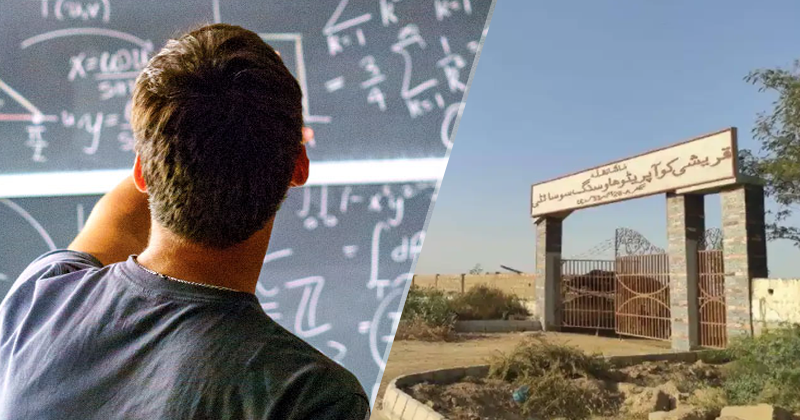Army intervention weakening democratic institutions: CJP
Army intervention weakening democratic institutions: CJP
Published: April 16, 2011

Chief Justice says the constitutional role of military is to protect the nation's borders.
ISLAMABAD:
Supreme Court Chief Justice Iftikhar Muhammad Chaudhry said on Saturday that the frequent intervention of army in the political system has weakened the democratic institutions of Pakistan.
While addressing trainee officers of the Command and Staff College in Quetta, he said that the constitutional role of the military is to protect the nations borders.
Army is under the civil government and takes the front line role only in a war ridden situation, he said.
He also added that only those nations can be successful who follow their constitution, and it is the Supreme Courts duty to protect the constitution.
http://i1.tribune.com.pk/wp-content/uploads/2011/04/chief-justice-ONLINE11111-640x480.jpg
Army intervention weakening democratic institutions: CJP
Published: April 16, 2011

Chief Justice says the constitutional role of military is to protect the nation's borders.
ISLAMABAD:
Supreme Court Chief Justice Iftikhar Muhammad Chaudhry said on Saturday that the frequent intervention of army in the political system has weakened the democratic institutions of Pakistan.
While addressing trainee officers of the Command and Staff College in Quetta, he said that the constitutional role of the military is to protect the nations borders.
Army is under the civil government and takes the front line role only in a war ridden situation, he said.
He also added that only those nations can be successful who follow their constitution, and it is the Supreme Courts duty to protect the constitution.
http://i1.tribune.com.pk/wp-content/uploads/2011/04/chief-justice-ONLINE11111-640x480.jpg























